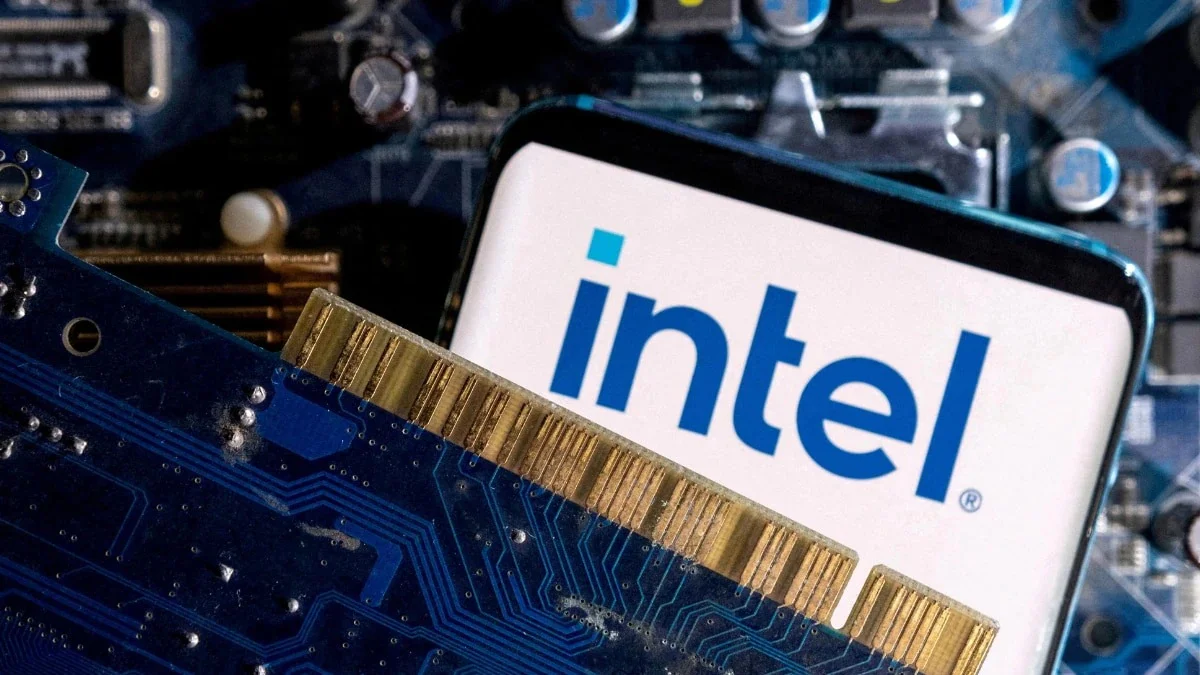Necessary Always Active
Necessary cookies are required to enable the basic features of this site, such as providing secure log-in or adjusting your consent preferences. These cookies do not store any personally identifiable data.
|
||||||
|
||||||
|
||||||
|

Intel has received a much-needed financial boost as Japanese investment giant SoftBank announces a major stake purchase. According to Reuters, SoftBank’s $2 billion equity investment in Intel represents a significant vote of confidence in the struggling American chipmaker at a time when the company faces intense pressure from competitors and market challenges.
SoftBank would become the sixth-largest Intel shareholder and hold just under 2%. The move also strengthens the Japanese firm’s push into semiconductor and AI assets, which already includes the $500 billion Stargate U.S. datacenter project.
Under the terms of the agreement, SoftBank will pay $23 per share of Intel common stock. SoftBank’s strategic investment in Intel will give Japanese giant approximately 2% ownership in Intel, making it a meaningful minority shareholder in one of the U.S.’s largest chipmakers.An
Intel spokesperson said that SoftBank’s investment will be made through a primary issuance of common stock by Intel and based on Monday’s closing market cap, will give it just under a 2% equity stake in the company.
The investment comes at a crucial time for Intel, which has been working to regain its position in the semiconductor industry. The company has faced significant challenges in recent years, including manufacturing delays, increased competition, and pressure to modernize its chip production capabilities.
The deal shows how SoftBank is backing US semiconductor manufacturing as part of its broader technology investment strategy. SoftBank CEO Masayoshi Son has been vocal about his belief in the transformative power of artificial intelligence and semiconductor technology. This investment aligns with SoftBank’s portfolio, which already includes major stakes in chip design company Arm Holdings.
SoftBank’s move reflects confidence in Intel’s ability to execute its turnaround strategy. The Japanese conglomerate has a track record of investing in companies it believes will benefit from long-term technology trends, particularly those related to AI and data processing.
SoftBank’s financial support towards Intel comes as the chip company works to rebuild its manufacturing capabilities and compete more effectively with rivals like Taiwan Semiconductor Manufacturing Company (TSMC) and NVIDIA. Intel has been investing heavily in new fabrication facilities and advanced chip manufacturing processes.
Intel’s foundry unit, which manufactures chips for other companies, has been a particular focus for the company’s recovery efforts. The SoftBank investment provides additional capital that Intel can use to fund these expensive manufacturing upgrades and expansion projects.
This investment is part of SoftBank’s global AI infrastructure investments that span multiple sectors and geographies. SoftBank has been positioning itself as a major player in the AI revolution, investing in companies that provide the fundamental infrastructure needed for AI development and deployment.
The timing of this investment suggests SoftBank sees value in Intel’s potential role in the AI ecosystem. While Intel has lagged behind NVIDIA in AI chip development, the company has been working to develop competitive AI processors and expand its data center capabilities.